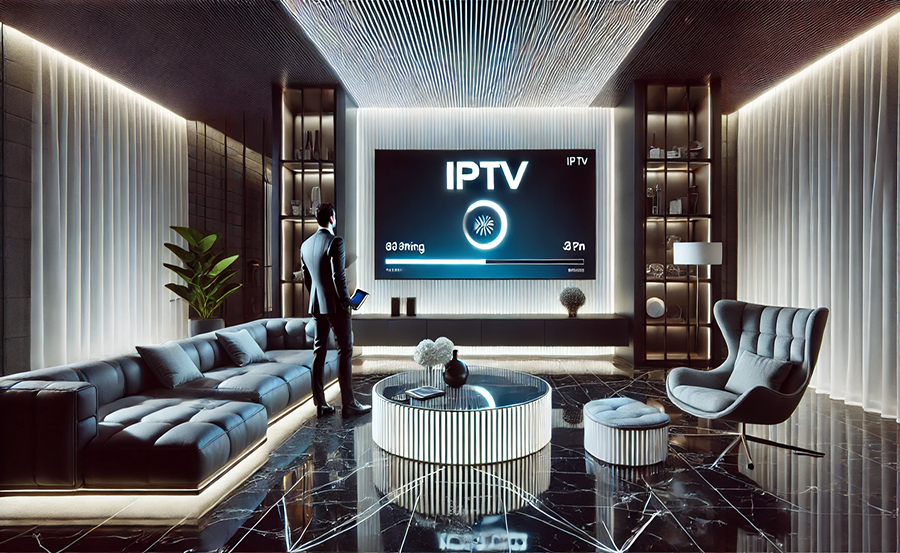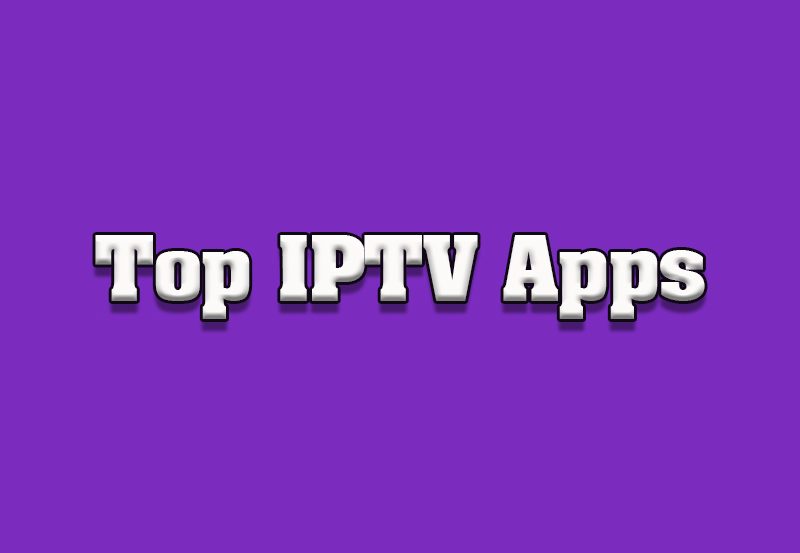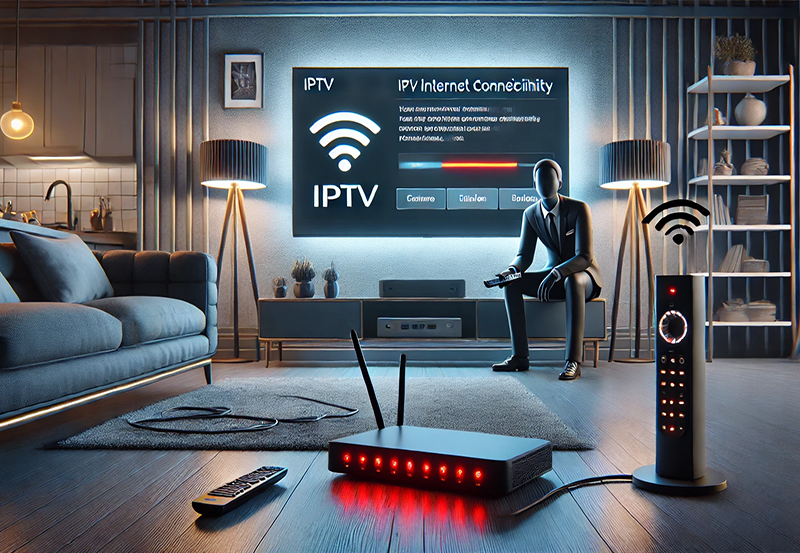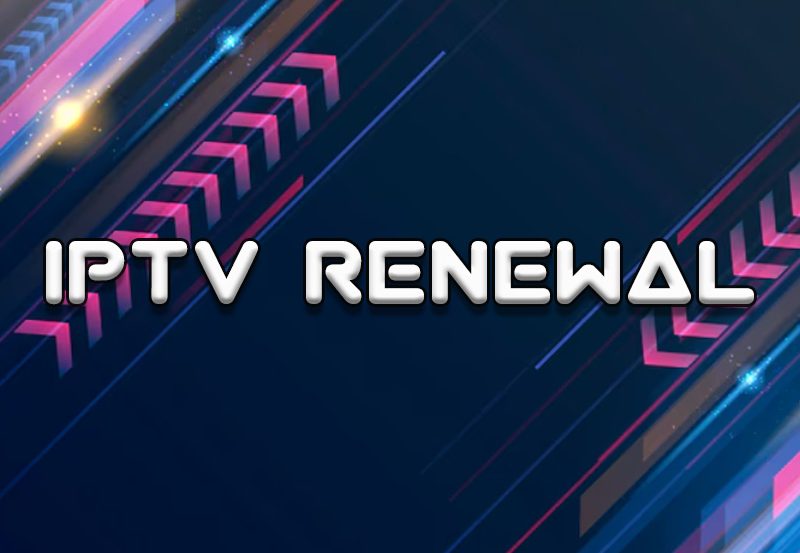In an age where entertainment sits at the tip of our fingers, the frustration of buffering during live TV streaming can be more than a little daunting. Whether you’re enjoying IPTV on Roku or simply catching up on your favorite series, uninterrupted streaming experience is critical. This guide will take you through the ins and outs of minimizing, and hopefully eliminating, buffering issues. With straightforward steps that even beginners can follow, we aim to offer The Expert’s Guide to IPTV Enjoyment.
Understanding IPTV: What Causes Buffering?
Before diving into the solutions, it’s crucial to understand what IPTV is and why it sometimes struggles with buffering. IPTV, or Internet Protocol Television, delivers television content over the internet rather than traditional cable or satellite. This digital format offers flexibility but also introduces potential for signal interruptions.
Buy 1 Year IPTV Subscription and Enjoy Unlimited Content
Buffering typically occurs due to slow internet speeds, server delays, or network congestion, hindering your viewing experience. By grasping these basic concepts, you can address the root causes more effectively.
Factors Impacting IPTV Streaming Quality
Several factors contribute to IPTV buffering, and understanding them can aid in troubleshooting issues. Here’s a brief look at a few critical elements:
- Internet Speed: Your connection must support the bandwidth required for quality streaming.
- Device Compatibility: Some devices might not handle high-quality streams efficiently.
- Provider’s Server Load: High demand on servers can lead to delays.
Addressing these factors head-on will set the stage for a smoother viewing experience.
Simple Adjustments to Reduce Buffering
Living buffer-free doesn’t necessarily require a complete system overhaul. Sometimes, minor tweaks can make a substantial difference. Let’s explore some practical adjustments you can implement today.
Check Your Internet Connection
Your first step is to ensure your internet connection meets the necessary criteria for IPTV streaming. Running a simple speed test can identify whether your connection is up to par.
Network Enhancements
Consider upgrading your router or positioning it to maximize coverage. Ethernet connections can often provide more reliable speeds than Wi-Fi, so hardwiring your streaming device may also be a beneficial adjustment.
Optimize Your Streaming Device
Every streaming device, whether it’s Roku, Amazon Fire Stick, or an Android TV box, offers settings that can be fine-tuned for better performance.
- Clear cache regularly to free up memory.
- Close unnecessary applications to reduce device strain.
- Ensure firmware and software are current to benefit from bug fixes and enhancements.
Select the Right IPTV Provider
Not all IPTV services are created equal. It’s critical to choose a provider that is reputable and has servers optimally located for your region.
Do some research on providers within your locale that offer stable services known for minimal disruption. Your viewing experience is only as good as the service delivering it.
Advanced Techniques for Buffering Elimination
If basic tweaks don’t resolve your buffering issues, advanced troubleshooting might be necessary. These recommendations are slightly more technical but can significantly impact performance.
Prioritize Streaming Traffic
Configuring your network to prioritize IPTV traffic can optimize performance. Many modern routers offer Quality of Service (QoS) settings, allowing you to give priority to specific services or devices.
Router Configuration
Accessing your router’s administrative settings will allow these changes. It’s advisable to seek help from a tech-savvy friend or consult with your ISP if you’re unfamiliar with network configurations.
Use a VPN
A Virtual Private Network, or VPN, can help bypass ISP throttling that may be slowing your connection during peak hours. It can also improve your connection stability if your provider’s servers experience congestion.
Adjust Stream Quality Settings
Though high-definition streams are appealing, they demand more bandwidth. Lowering the stream quality can reduce buffering, especially if internet speeds aren’t stable or high enough.
A Journey Towards Stress-Free Streaming
Buffering can dampen the enjoyment of IPTV, but armed with practical solutions, you’re well on your way to a seamless streaming experience. From simple device tweaks to optimizing your network’s infrastructure, each step brings you closer to uninterrupted entertainment.
FAQs
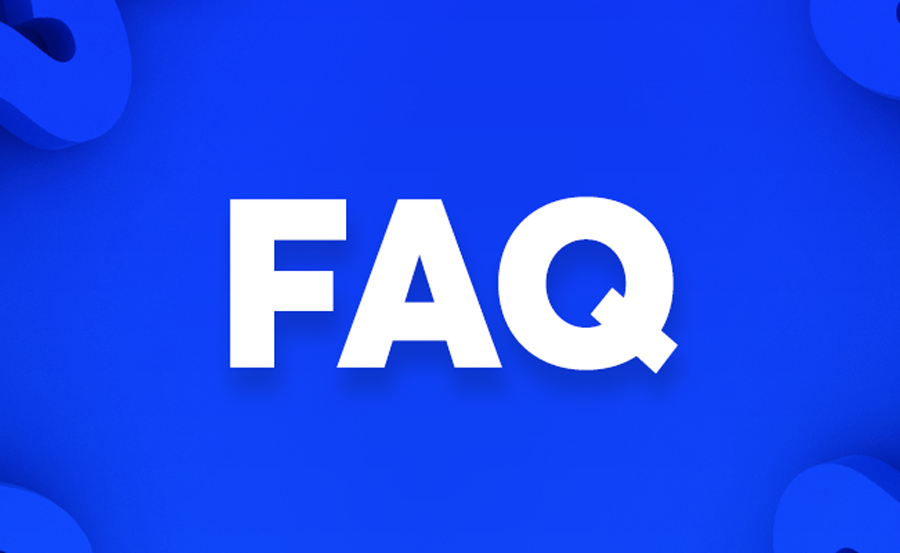
How can I test my internet speed for IPTV streaming?
You can use online tools like Speedtest.net or Fast.com to gauge your connection speed. Ensuring you’re achieving at least the minimum required speed for your IPTV service is vital.
Is a VPN necessary for all IPTV users?
While not necessary for everyone, a VPN can be beneficial if you experience ISP throttling or geographical restrictions on content.
Can switch providers help reduce buffering?
Absolutely, if the current provider’s servers are overloaded or not well-optimized for your area, choosing a different one can enhance streaming quality.
What can I do if I’m technologically challenged?
Don’t hesitate to seek professional help or consult detailed online guides to make informed adjustments. Sometimes a simple call to customer support will offer the solution you need.
Why does my device keep buffering despite strong internet?
This could be due to device limitations or settings. Ensure your device is updated, caches are cleared, and it’s compatible with the content stream’s quality you’re attempting to view.
Repair IPTV Channel List Missing on Samsung Smart TV

